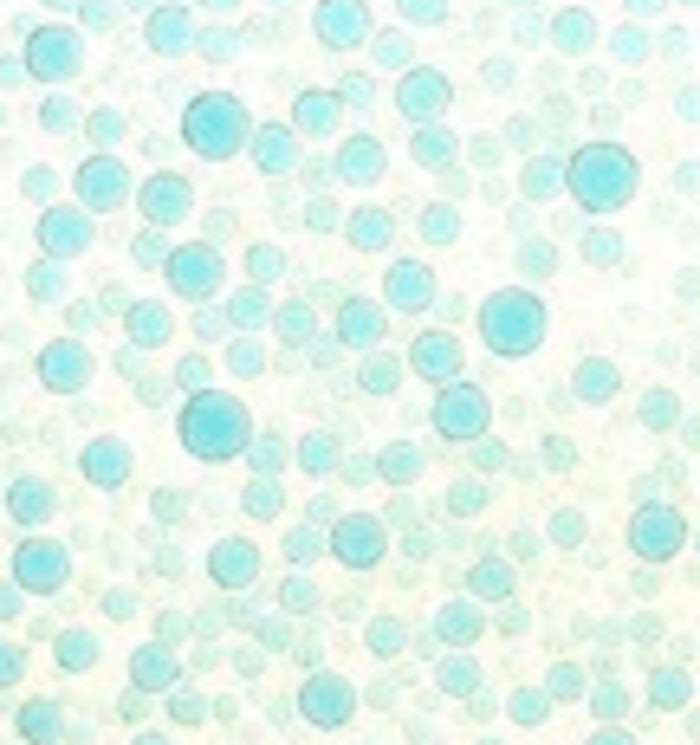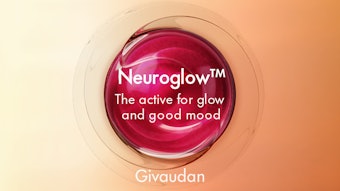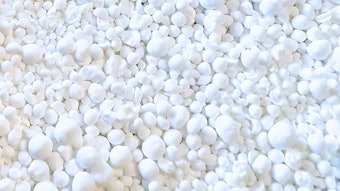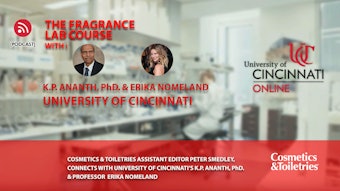
Delivery technologies continue to grab the attention of personal care formulators as developments in the pharma and medical fields, among others, have been modified to more effectively deliver cosmetic effects. This trend is supported by a recent report by Marc S. Reisch, “Ushering Cosmetics to the Right Spots,” featured in Chemical and Engineering News. The article took a closer look at the trend for technologies being employed in personal care as well as strategic moves by major personal care companies to maintain their strength in delivery.
Reisch wrote that many shampoos, lipsticks, face creams and toothpastes contain, “minute envelopes with tiny molecular messages inside. Designed as a small-scale mail system, these envelopes protect and deliver active ingredients that might otherwise degrade or get lost before they get to their intended destinations.” These envelopes, or encapsulants, are becoming part of elaborate systems. Whereas they once deposited vitamins, botanicals and emollients by breaking open via friction, they can now dole out skin-enhancing ingredients in a variety of ways. For example, moisture in the skin might serve as the trigger or the change from a basic pH in the product bottle to the acid environment on the skin. Even naturally-occurring bacteria on the skin could prompt the microcapsule to open.
To stay in the game, established personal care suppliers are making acquisitions to establish their hold on encapsulation technologies. International Specialty Products (ISP) for example purchased UK-based encapsulation specialist Hallcrest in 2004, according to the report, and in 2006, the company acquired Germany-based geniaLab's line of encapsulated products for personal care. The companies formed an alliance to further develop encapsulant technology as well as to develop and market products for the fabric care, personal care and home care markets.
In addition, Amcol’s Health & Beauty Solutions Inc. acquired the Microsponge brand technology earlier this year from Cardinal Health's Pharmaceutical Technology and Services segment. Microsponge is a system of biologically inert particles that are used to deliver active ingredients in dermatological products such as lotions and ointments. These are just a few examples.
The demand for encapsulation technologies will continue to rise, claimed Gillian S. Morris, chemicals and materials industry manager for Kline & Co., in the report. Morris estimated that the US market for carriers was at US$90 million in 2006, up threefold from $30 million in 2001, and demand is still growing at 5-10% a year, she added.










